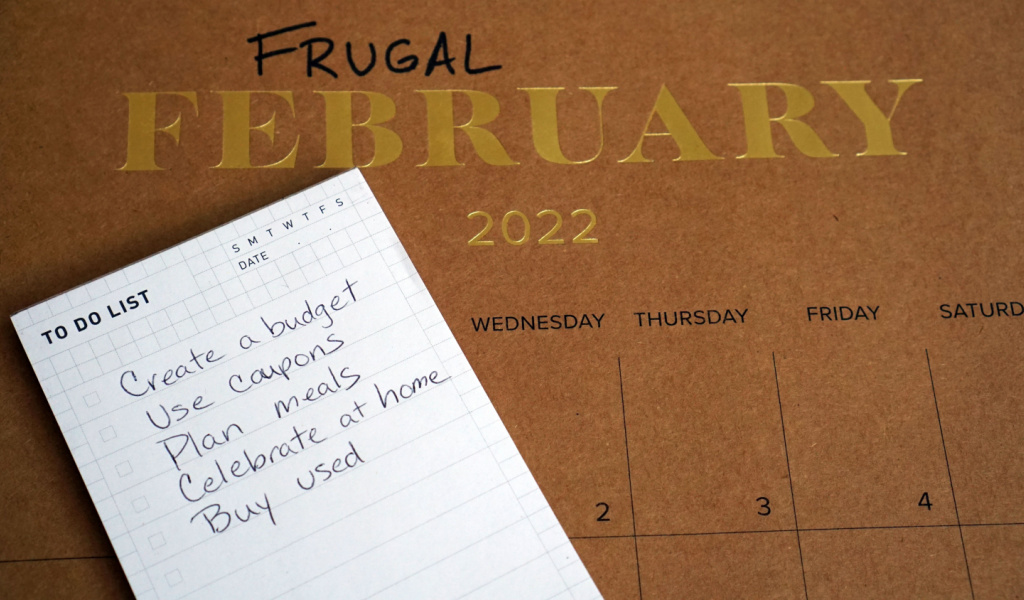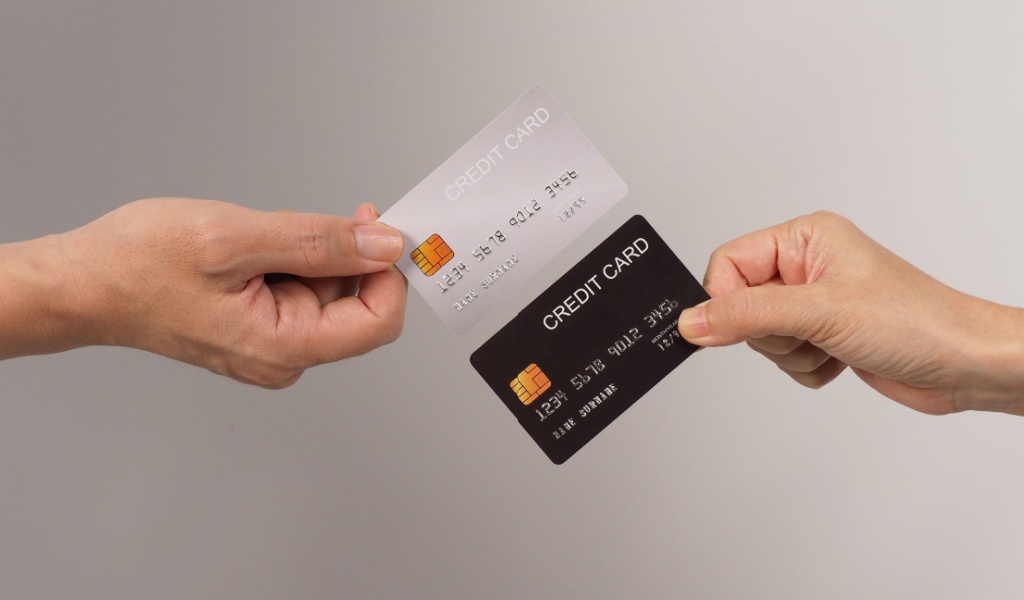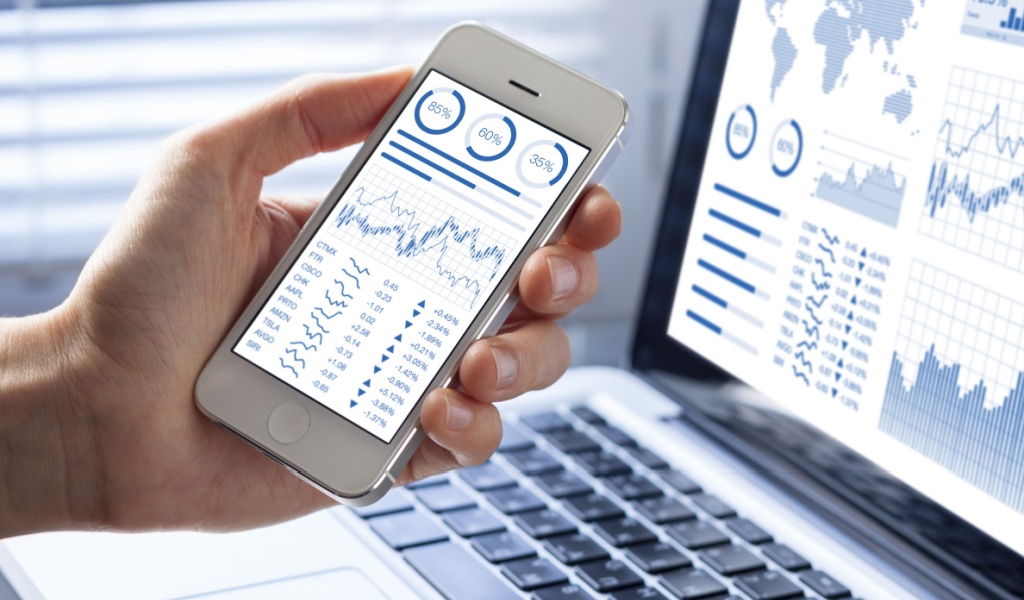Money is a major point of contention in all our lives; how we make it, how much we save, and so on. One of the defining characteristics of any person is how they spend money. There is a range of personalities in between one who spends lavishly and a miser. At one end of that spectrum is someone who might be considered less likely to spend. But are they frugal or are they being cheap?

Imagine you and your partner are shopping for your child’s birthday party. It is time to decide on the cake, so the both of you walk into a store. You check the display, looking out for something that’s both delicious and good-looking, while also being affordable prices. The thought of baking your kids’ favorite chocolate cake at home is also playing in your head. But then your partner comes to you with a cake that he found on offer. This is not exactly a healthier option, and you know your child won’t be excited about it – but of course, it is the cheapest option.
This could be a typical instance where being frugal or cheap comes into play. Buying your child a birthday cake is not something you can skip. But, both of you have different ways of approaching the purchase. You are being conscious of the expenditure and want to get something your child will love, while your partner wants to purchase the cheapest cake to save money.
You can define frugal as spending economically, where you intend to save money on any purchase, and also consider how well the product can serve you. Being cheap is the unwillingness to spend any money. This makes one buy the least inexpensive option or just avoid spending to save money however possible.
Is Being Cheap Always Bad?
Everyone who is tight-fisted may not always have many choices to make. Depending on how much one earns and their situation in life, one may have to opt for the cheapest option. Therefore, someone being cheap does not always allude to being stingy or close-fisted. If you are broke, you have no choice but to settle for the lowest prices!
However, the line between being cheap or frugal is always debatable. Both, frugality and being cheap, have similar characteristics, but they stem from very different mindsets. Let’s see how to identify these subtle differences.
Financial Perspective
Financial consequences would be the priority for someone who always looks for a discounted option. A cheap person may only try to buy something to solve a problem at the moment and not give thought to longevity. They could be adamant about how much they want to spend and stick to a certain product. Even if it is crucial to consider other options, they may not be open for negotiation. They just don’t want to hurt their bank balance no matter what the consequences are! Over time, this could even turn out to be a poor financial decision.
On the other hand, a frugal approach would be to look forward with a long-term vision while being concerned about the cost. Someone may opt for a more durable product at a slightly higher price though they have a lower-priced option that might not last long. This is the core of frugality.
Quality vs. Cost
A mingy person will make cheap choices regardless of the quality of a product or service. They will somehow try to save each penny. Spending habits like this won’t help uplift one’s lifestyle. Although a frugal person could be concerned about the cost of a product or service, they would give more value to quality. He or she may thrift on certain wants in life. However, they will be willing to spend a bit extra to ensure they get the best quality of product or service they need. For instance, for someone who prioritizes organic eating, buying a pack of 10 organic eggs instead of a pack of 20 regular eggs for the same price is the obvious right choice.
Responsible Spending Habits
Taking the effort to research if what you intend to buy is worth the price reflects a responsible spending habit. A frugal person could be someone well-informed about the things that they purchase. She will take her own time to do the research and talk to people to know if it is worth it.
On the other hand, a miserly person will not be interested in analyzing the pros and cons of buying a product. All that he could be thinking is about losing money. Selective spending versus not spending at all is one of the significant differences between being cheap and frugal.

Social Relationships
A frugal person can be considerate towards people around them. Though they may cut down expenses on some of their wants, they would want to help someone in need. They would not always decline important gatherings or social events for fear of having to spend money.
Conversely, a cheap person may have poor social relationships. Not wanting to tip at a restaurant is a common example of cheap behavior. This type of person can even hurt their loved ones because of their stinginess. They might even have to lead lonely lives as they fail to interact with people around them for the sake of saving.
Spending At the Expense of Others
A frugal person may not save at the expense of others, but a cheap person could easily overlook someone being generous and fail to share the cost. The most common example would be to not pay when it is their turn or not share a bill while eating out with someone. This can be very rude and even lead to mistrust. If you’re frugal, you will know to be mindful of people’s generosity and pay them back for their favors.
All in all, people could have their reasons for being frugal or cheap. Every individual’s circumstance plays a significant role in how they choose to spend. As long as one does not wrong another, it all boils down to personal choice. A person’s upbringing, social exposure, and values they uphold largely impact how one chooses to spend. However, understanding how to make healthy choices and cultivating good spending habits is an important life skill to lead a fulfilling life!



